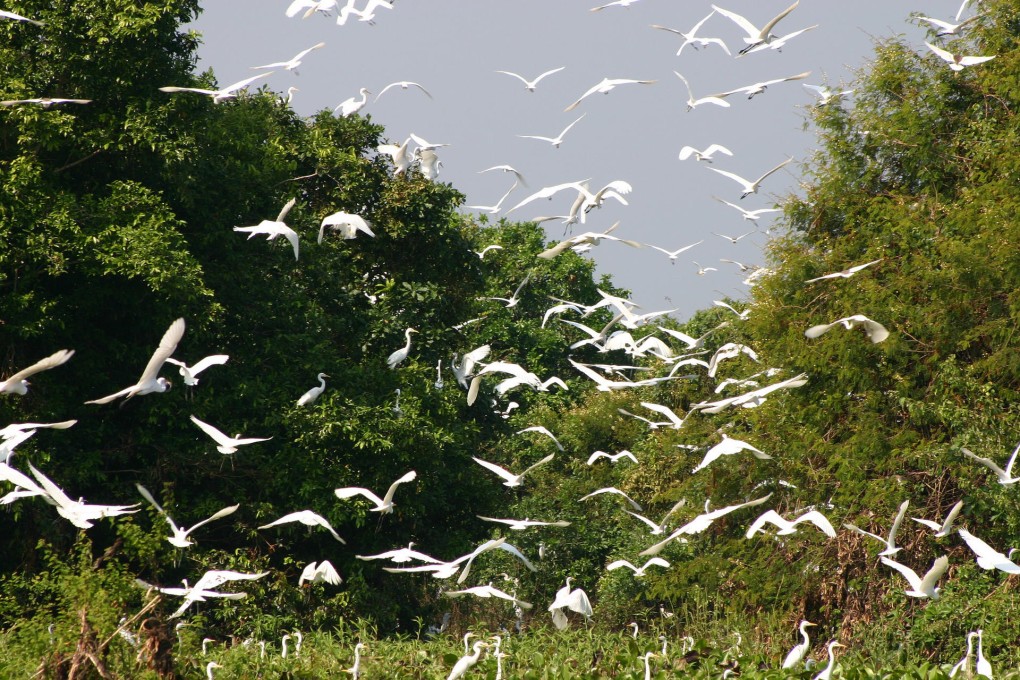How to have a low-impact holiday
As travellers become increasingly conscientious, ecotourism has become an often misused buzzword within the sector. Here are some simple measures to minimise your impact while on holiday

While tourism provides a huge economic boost for many developing countries, it is taking a toll on the environment and affecting indigenous people. "Imagine if tourists were each to save one litre of drinking water," ecotourism expert Alexis Lefevre says, referring to the more than one billion people who travelled abroad in 2013.
The number of international travellers has been predicted to reach 1.6 billion by 2020. Flying comes with a heavy carbon footprint and there is a growing strain on natural resources. With a few simple steps, travellers can minimise their impact and help improve living conditions of the local communities.

As the industry catches on to the fact that travellers are becoming increasingly conscientious, ecotourism is the new buzzword. All kinds of organisations claim to be environmentally friendly.
"Ecotourism has two sides to it nowadays," says Jonas De Schrijver, a Southeast Asia ecotourism consultant. "The real deal, or just a label. A while ago ecology was an ideology. Now, in many cases, it's a business."